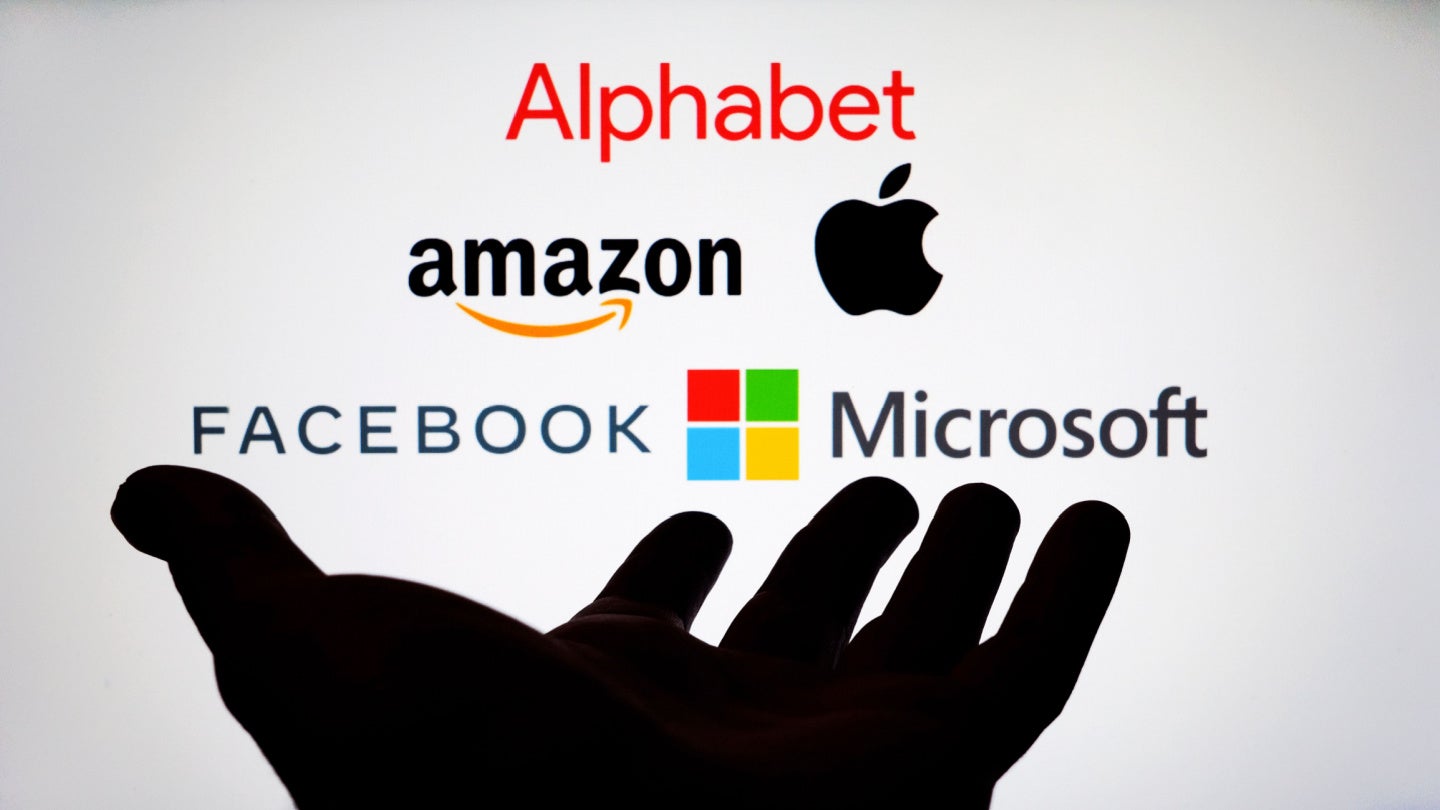The costs and AI expertise needed to run a large language model are significant, giving immediate advantage to the Big Tech leaders.
Analysts have warned that even Big Tech’s profit margins could be squeezed if users expect AI-generated content in standard search results. However, larger more generalized models may not stack up against smaller disruptive start-ups, which can achieve more effective results on niche use cases.
Generative AI is run on large language models (LLMs). LLMs use machine learning algorithms, trained on vast data sets to create new content. The costs to run LLMs accumulate in a number of ways.
The first is the need for expensive GPUs. Currently, NVIDIA makes most of the GPUs for the AI industry, and its primary data centre workhorse chip costs $10,000, and must be replaced often. AI researchers have joked that LLMs tend to ‘melt’ through these chips, so they need to be replaced regularly. These models also run up costs in terms of cloud computing and energy. Analysts estimate that the critical process of training a large language model such as GPT-3 could cost over $4 million.
Will Big Tech stay ahead?
Although they have the funds, means, and power to run the largest models that does not mean that more generalized platforms are the way forward. Some believe that the future of these systems is in the hands of those with much more specialized and niche systems. The systems created for very niche purposes instead of more general creation platforms could succeed as can be tailored to specific functions more easily.
There are other advantages to using smaller or self-hosted models. For example, a company using a self-hosted LLM instead of an existing model, like Chat GPT, could train the model on exclusively enterprise data. This could avoid privacy issues that have arisen as LLMs are trained on vast swathes of internet data, which may include people’s personal information scraped from the web and collected without consent.
How well do you really know your competitors?
Access the most comprehensive Company Profiles on the market, powered by GlobalData. Save hours of research. Gain competitive edge.

Thank you!
Your download email will arrive shortly
Not ready to buy yet? Download a free sample
We are confident about the unique quality of our Company Profiles. However, we want you to make the most beneficial decision for your business, so we offer a free sample that you can download by submitting the below form
By GlobalDataStart-ups are well-positioned and could pose a threat to Big Tech in the generative AI race. They can create more customizable and agile models than the incumbent Big Tech players.
Start-ups to note
Some start-ups to pay attention to in this space are:
- Ada: Ada provides an AI-based customer service automation platform. It offers a no-code automation builder that enables businesses to create service automation solutions to handle customer inquiries, support requests, and other interactions.
- Adept: Adept is a product lab and machine learning (ML) research company that builds general intelligence. Its key product, ACT-1 is a large-scale transformer model trained to use digital tools. The model can perform basic actions like finding a specific product or searching for a house with pre-set conditions utilizing Google Chrome.
- AI21 Labs: AI21 Labs is an AI lab and product company that focuses on developing natural language processing (NLP) technologies that can understand and generate human-like language.
- Anthropic: Anthropic is an AI safety and research company that focuses to build reliable, interpretable, and steerable AI systems.
- Cohere: Cohere is a machine learning platform that enables developers to build NLP applications. The platform provides a suite of tools for training and deploying models that can understand and generate human-like language.









Related Company Profiles
NVIDIA Corp